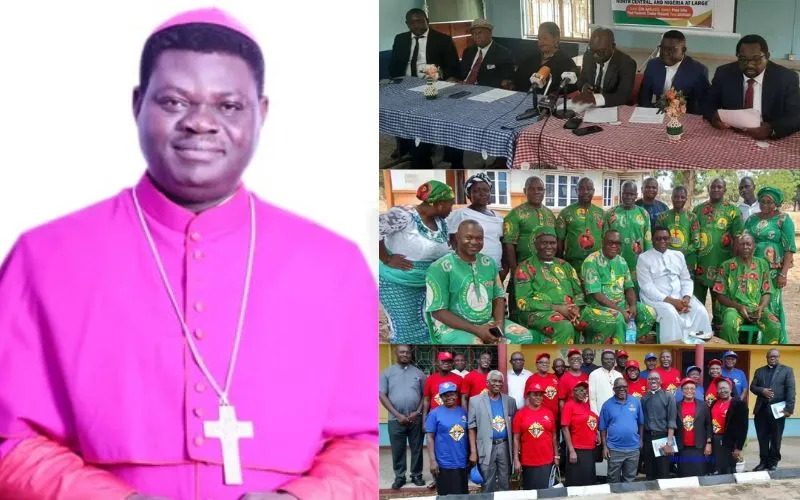Mirian Cortés Dieguez, rector of the Pontifical University of Salamanca, and Father Federico Mantaras Ruiz-Berdejo, vicar general of the Diocese of Asidonia-Jerez, will serve as advisers in the process.
The bishop of Bilbao said that “this process is intended to determine responsibilities and help heal wounds.”
The Prelature of Opus Dei also published a statement, explaining that the Supreme Court “reduced the sentence from 11 to two years in prison after considering ’insufficient evidence’” and other factors.
At the same time, the prelature stressed that “in 2015, the Congregation for the Doctrine of the Faith conducted an investigation, which concluded with the teacher’s innocence.”
The prelature also said that the teacher has requested that the media refer to his lawyer “to avoid interference by third parties in the open ecclesiastical and civil processes.”
The statement rejects “any type of abuse” and notes that the prelature has a protocol in force for the protection of minors.
“We hope that this new process will help heal the wounds and shed light on the case,” the prelature’s statement concludes.
On hearing the news of the new process, the teacher issued a statement saying he is unaware of its purview for a layman, but is willing to collaborate with the Holy See.
“I have learned that the Church is going to initiate a canonical process to judge what happened in the so-called ‘Gaztelueta case.’ I fail to understand how such a process can be initiated against a lay person, but I am willing to collaborate with the competent authorities. I will not stop reiterating my innocence if you wish to listen to me,” he said.
The teacher is also “available to receive any official communication that informs me of the process and its guarantees” and that he has “undergone more than 10 years of anguish and unjust suffering — in which there have been various investigations, also by the Church — in an extremely publicized case in the media, again, and that has distorted reality.”








